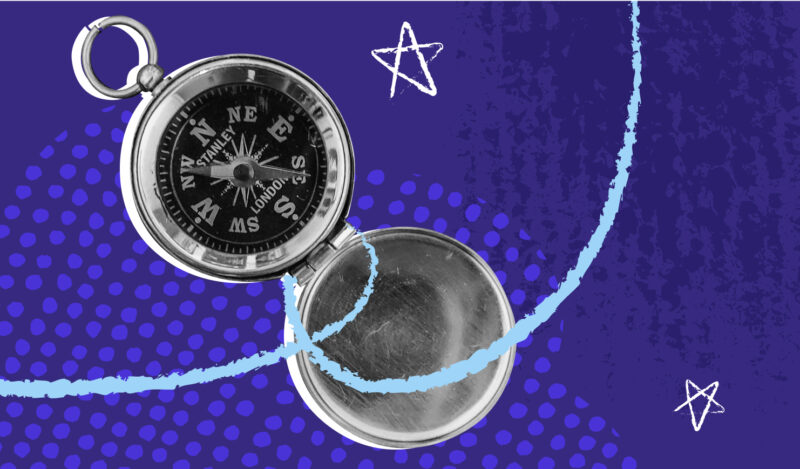What to Do if You Suspect an Eating Disorder

If you are concerned that a child or teen in your life is experiencing disordered thoughts or behaviors related to their body or food, trust your gut and seek help.
If you are a parent or guardian:
- Take warning signs seriously and trust your gut.
- Make an appointment with your child’s doctor. Before the visit, confirm their experience screening and intervening in disordered eating / eating disorders. If they do not, or if you suspect they could use more information, ask them to visit www.NCEED.org to learn more about screening and intervening appropriately. Alternatively, as around for a pediatric provider who has experience with these health issues.
- Before the doctor’s appointment, talk with your child about your concerns. Write down the factual, objective behaviors you have seen. Examples: “you are pushing food around on your plate, but not actually eating it. You’re spending a lot of time in the bathroom looking at your body in the mirror. I have overheard you criticize your body more lately.” Next, talk to your child about the concerns. Let them know that you are not an expert in these issues, but that, together, you will visit with someone who is an expert that can help. They may get defensive or upset with you (which usually indicates you are doing the right thing), but know that no matter what your child’s reaction, you are doing the right thing by trusting your gut and seeking help.
- Before the appointment with your doctor, if you will not be in the room with your child during the appointment, be sure to communicate with the doctor in advance the objective behaviors you have seen (i.e. the list you made prior to talking with your child).
- If appropriate, pursue specialty treatment options. This may include working with your child’s Primary Care Provider, a therapist, or pursuing in-patient treatment options.
Get Support Now
You are not alone. If you or someone you know is struggling with an eating disorder, The National Alliance for Eating Disorders helpline can be reached at 866-662-1235 in the US. The helpline is run by clinicians and offers emotional support for individuals and their family, as well as referrals for all levels of eating disorders.

Eating Disorder Myths & Warning Signs
Eating disorders are serious, complex illnesses that can cause severe harm to those affected. That’s why it’s so important to be on the lookout for warning signs.

Get Help Now
You’re not alone. Find additional help and support with these organizations and resources.

Apply for a Grant
If you are working to recover from an eating disorder, you are not alone. If you need intensive levels of treatment, apply for a living-expense grant so you can focus on your recovery